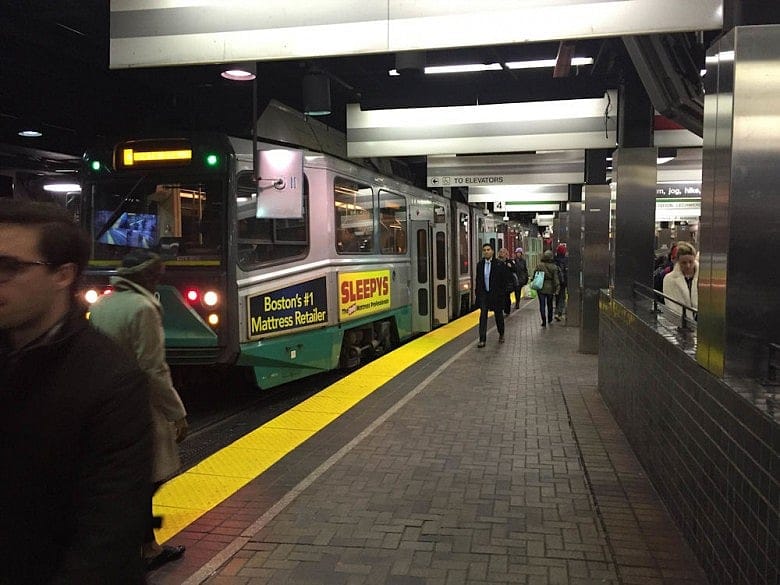T fare hikes coming as huge paychecks go to some workers

BOSTON – Officials of Boston's financially beleaguered transit system revealed Monday that the top-paid worker on the T has received over $300,000 so far this year, including about 2,600 hours of overtime, while the system's general manager said fares will begin rising starting July 1.
Almost a quarter of the employees who drive the buses, trolleys and subway trains for the deficit-ridden Massachusetts Bay Transportation Authority got paid more than $100,000 this year, Brian Shortsleeve, the MBTA's chief administrator, told the Fiscal and Management Control Board that oversees the T on Monday, State House News Service reported.

